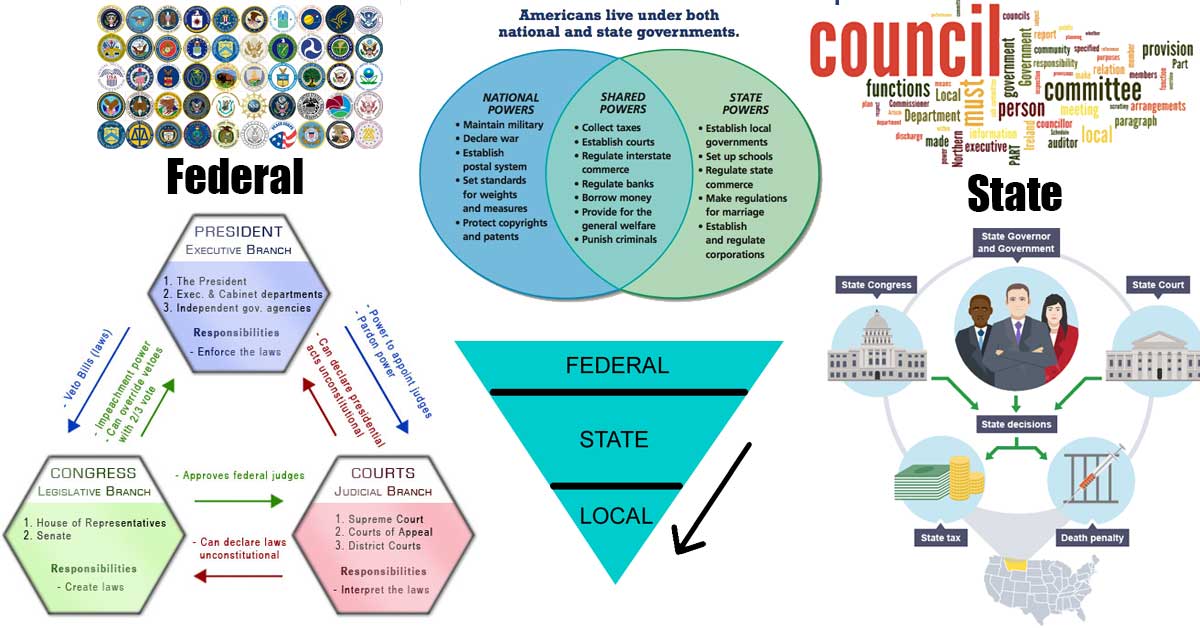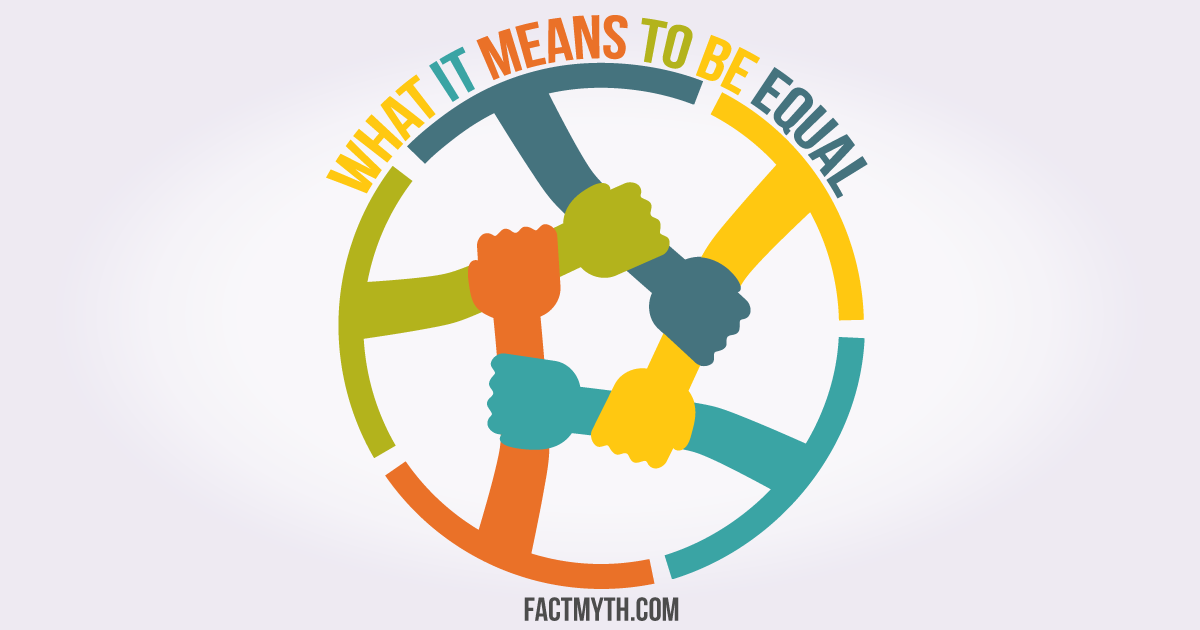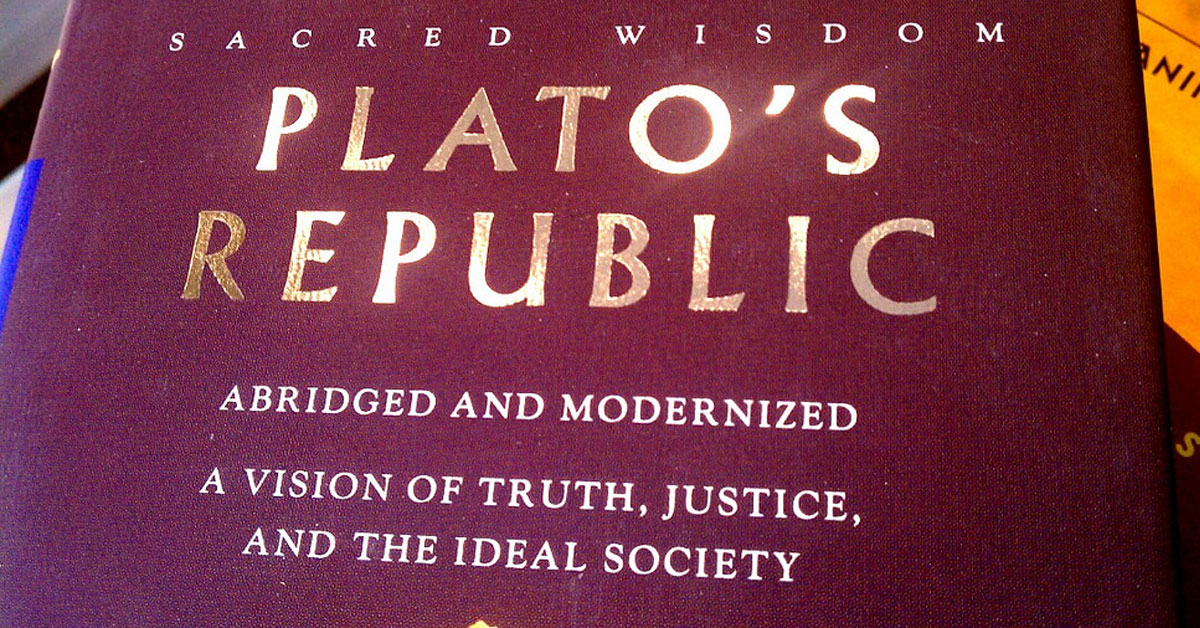Good Faith, Bad Faith, and Duty

Good Faith is a true attempt, Bad Faith is an intentionally dishonest attempt, Duty is the moral and ethical obligation to make Good Faith attempts.
Philosophy of law is a branch of philosophy and jurisprudence that seeks to understand the physical, logical, ethical, and moral aspects of justice and law. Here law isn’t just looked at in an analytical way, but in a philosophical context that considers the metaphysical aspects of justice. In other words, it looks not only at the letter of the law, but at the spirit of the laws.

Good Faith is a true attempt, Bad Faith is an intentionally dishonest attempt, Duty is the moral and ethical obligation to make Good Faith attempts.

The U.S. Bill of Rights expresses natural human rights with no economic implications, a Second Bill of Rights expresses rights “that ought to be” but have economic implications.

Plato’s Republic, utilitarianism, the philosophies of morality, ethics, politics, virtue, and law are all centered around one question “what is justice?” (AKA “what is fairness?”).

Separation of Powers describes the way in which government is divided into different branches (ex. in the U.S., the legislative, executive, and judicial). Checks and balances describe the powers each branch has to “check” the other branches and ensure a balance of power.

We present a summary of the history of human rights documents including the Bill of Rights, Magna Carta, Declaration of Rights and Man, and English Bill of Rights.

The major branches of philosophy can be denoted as: metaphysics (what is), epistemology (what we can know), logic and reason, ethics and morality, and aesthetics (beauty and art).